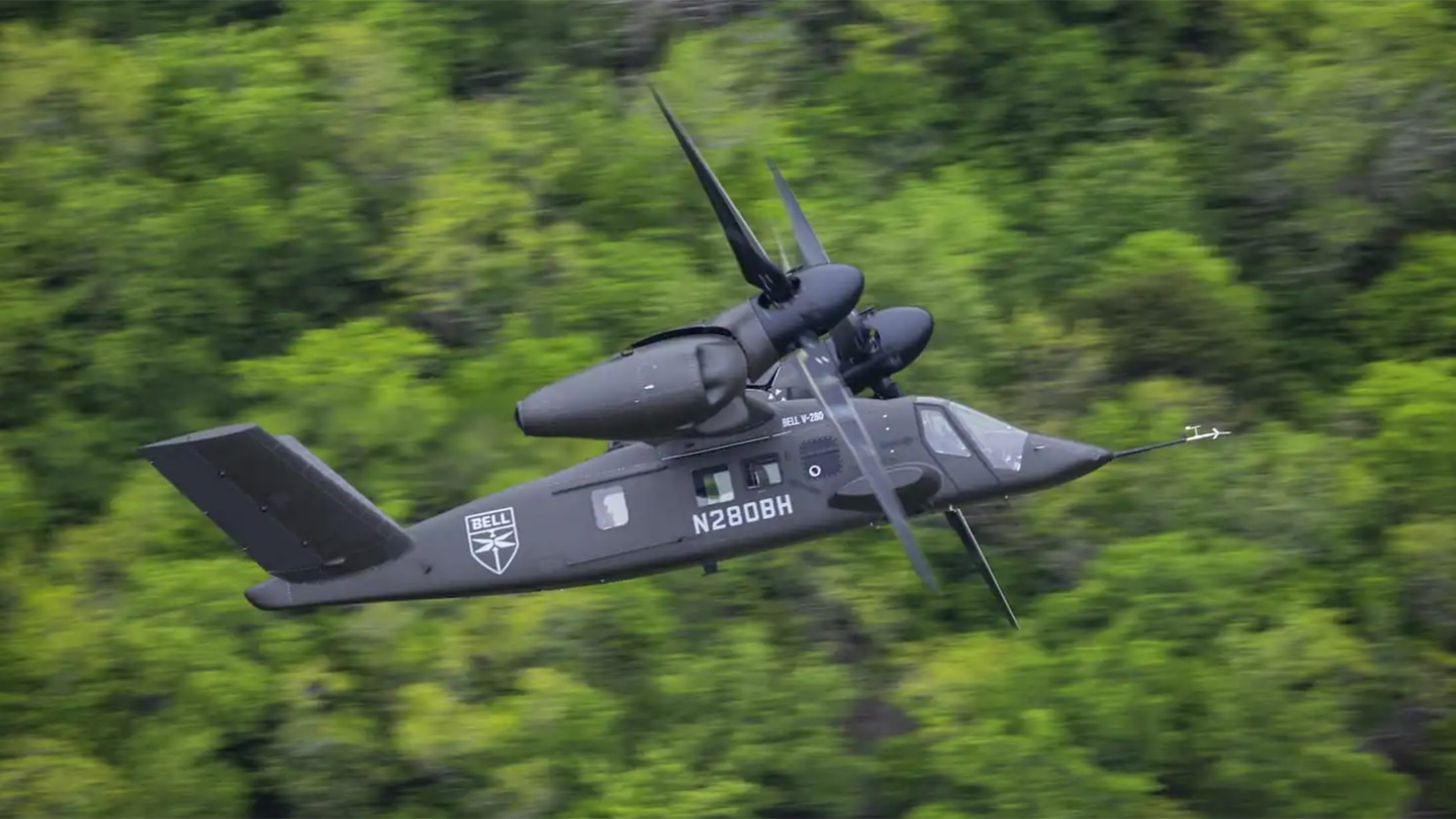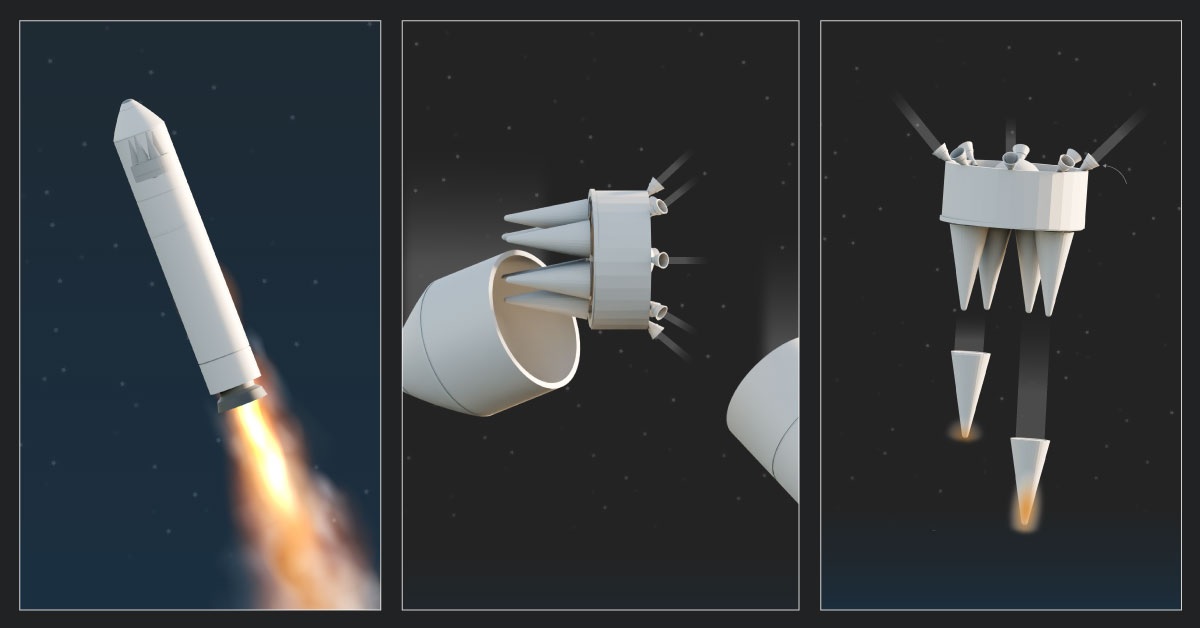HAL Set to Deliver 16-24 Tejas Mk-1A Jets Annually by 2026 to Boost India’s Air Combat Power

Hindustan Aeronautics Limited (HAL) is gearing up to significantly enhance India's air combat capabilities by streamlining the production of the TEJAS MK-1A Light Combat Aircraft (LCA). Deliveries from HAL's Nasik plant are slated to commence in March 2025, with an ambitious plan to ramp up production to 16-24 aircraft annually by 2026.
Production Milestones and Engine Collaboration
Secretary of Defence Production, Sanjeev Kumar, has confirmed that the production line, including the supply of General Electric (GE) engines, has been stabilized. The Ministry of Defence is actively collaborating with U.S. counterparts to expedite engine deliveries, ensuring the TEJAS MK-1A program proceeds without hitches. This collaboration aims to streamline engine supply by 2025-26, bolstering the program's momentum.
Indian Air Force's Commitment and Aircraft Enhancements
The Indian Air Force (IAF) has demonstrated its commitment to indigenous fighter jet production by placing an order for 83 MK-1A aircraft. These jets are on track to receive Military Type Certification (MTC), formally integrating them into service. The TEJAS MK-1A, also known as the Alpha, is an upgraded variant featuring over 40 improvements from its predecessor. Key enhancements include:
-
Advanced Avionics: Integration of an Active Electronically Scanned Array (AESA) radar, upgraded mission computer, digital flight control systems, and smart multi-function displays enhance pilot situational awareness and mission effectiveness.
-
Enhanced Weaponry: The aircraft is equipped with Astra Beyond Visual Range (BVR) missiles and precision-guided munitions, significantly boosting its strike capabilities.
-
Net-Centric Warfare Capabilities: Advanced communication systems enable seamless integration into modern battlefield networks, allowing for coordinated operations and real-time data sharing.
-
Unified Electronic Warfare Suite (UEWS): Developed by the Defence Avionics Research Establishment (DARE), this suite includes electronic countermeasures and digital radio frequency memory-based jamming capabilities, enhancing survivability in hostile environments.
Production Expansion and Future Outlook
HAL is not resting on its laurels; the company is establishing a fourth assembly line for the TEJAS MK-1A at its Nashik facility, expected to be operational by mid-2026. This expansion aims to increase the annual production rate to 30 units, ensuring timely fulfillment of the IAF's orders. The current order of 83 TEJAS MK-1As is expected to be delivered by 2031-32, with plans to finalize a new contract for an additional 97 units by the end of 2025.
Addressing Challenges and Ensuring Timely Deliveries
Despite earlier delays due to engine supply setbacks, GE has assured that the production schedule is back on track, with 12 F404 engines scheduled for delivery starting March 2025. HAL aims to manufacture 11 TEJAS MK-1As by the end of this year, reflecting its enhanced production capabilities. However, Air Chief Marshal A.P. Singh has expressed concerns regarding the pace of production and delays in deliveries. A government report also highlighted challenges such as design and development issues, aero engine availability, and HAL's ability to maintain the required production pace.
Technological Advancements and Indigenous Development
The TEJAS MK-1A represents a significant leap in indigenous defense technology. The aircraft features a night vision goggles-compatible glass cockpit, domestically developed head-up display (HUD), and an integrated health-monitoring system. The avionics suite includes an indigenously developed Onboard Oxygen Generation System (OBOGS) for extended missions. Additionally, HAL is in discussions with GE for a technology transfer agreement for F414 engines, intended for the TEJAS MK-2 and the Advanced Medium Combat Aircraft (AMCA), aiming for 80% technology transfer, including detailed designs and critical manufacturing knowledge.
In summary, HAL's concerted efforts to streamline and ramp up the production of the TEJAS MK-1A are poised to significantly enhance India's air combat capabilities, reflecting a strong commitment to self-reliance and technological advancement in defense manufacturing.



